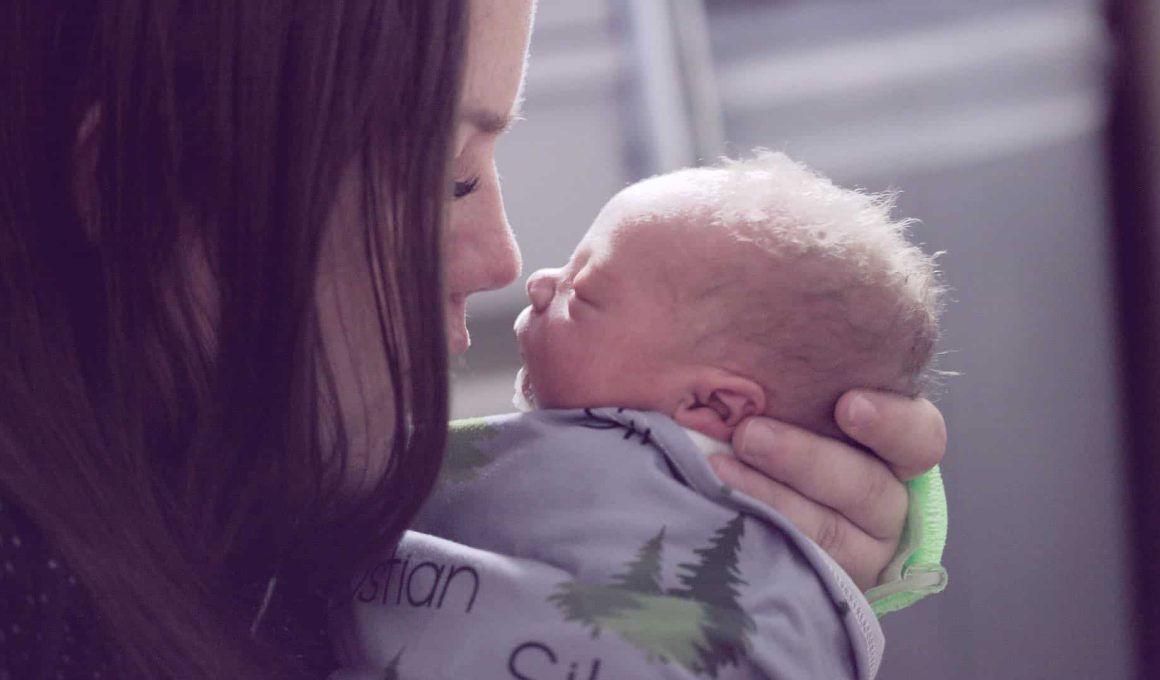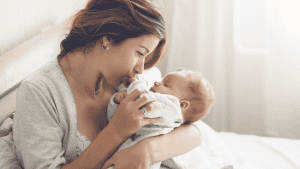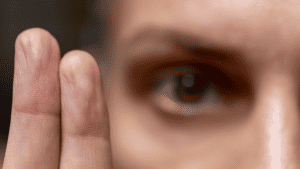Common themes in birth trauma
What happens when birth doesn’t go as we planned?
You may have found this post because you’ve noticed changes in your thoughts, feelings or behaviour since your birth experience, or perhaps you’ve noticed changes in someone close to you, or in a client you’re working with.
In my work with those who have experienced birth trauma, there are five themes that can often arise following a traumatic birth experience. Sometimes they can lead to postnatal difficulties including: bonding with baby, breastfeeding, conflict in relationships, and sometimes postnatal depression or anxiety.
So, what are these five themes? They are:
- Abandonment
- Powerlessness
- Insignificance
- Failure, and
- Threat to safety.
Let’s take a look at each in more detail.
5 common themes in birth trauma
This is the reality for many women and men who have experienced trauma… be it birth trauma, childhood trauma, acute trauma, complex trauma…
It can take time to feel like the world is moving again for you, for your body and your mind to feel safe again, where your defences can rest so that you can learn to trust yourself and others.
Whilst each of these themes are a natural response to a traumatic situation, they can understandably be challenging to experience. Please know that all of them can be resolved through birth trauma counselling and support.
1. Abandonment
This occurs from experiencing emotional or physical abandonment when support was needed most. A care provider or support person may have been physically present, but if they weren’t emotionally present, or they didn’t hear or see your need for help, or tend to that need adequately, then feelings of abandonment may arise.
2. Powerlessness:
Experiencing powerlessness can arise from not having control in a situation. In fact, the difference between feeling empowered or disempowered during birth has been shown to contribute to whether or not a mother will experience her birth as traumatic. Feeling powerlessness during birth can happen for a range of reasons including when there has been a lot of medical intervention.
3. Insignificance:
This can come from feeling that your needs weren’t prioritised or heard, or that they were overlooked during or after your birth experience. This experience of needs not being met can sometimes lead to feeling insignificant to others.
4. Failure:
A sense of failure is another birth trauma theme people can face after a challenging birth (and during their breastfeeding journey). There can be a strong sense of not achieving the outcome that was hoped for, or not achieving it to a good enough standard. This experience of failure can lead many parents to stay quiet about their experience, afraid that in sharing their story they will be judged as not good enough.
5. Threat to safety
Present for most who have gone through birth trauma, the theme of threat to safety arises if there was a perceived or actual threat to the safety of yourself or your baby.
This birth trauma experience is often related to themes of abandonment, powerlessness and insignificance as well.
How to move forward after birth trauma
Birth trauma can feel like an endless loop that plays on repeat. However, it doesn’t have to feel like that forever. It’s possible to heal from birth trauma, and it’s never too late to start the healing process.
If you’ve read through this blog and you’re looking to understand a little more about your own experience of birth, or to support someone else, there are many avenues to begin to explore, including:
Birth trauma counselling with a perinatal counsellor – counselling offers therapeutic approaches (such as EMDR therapy) that work to process and heal trauma within the mind and body.
- A birth debriefing session with a trauma-informed professional – these non-therapeutic sessions can be a great starting point for gaining clarity on the events that took place and how they’ve impacted you. Further counselling may be needed to resolve the trauma
- Online resources, including Australasian Birth Trauma Support and PANDA
- Support groups of like-minded women
- Books (How to Heal a Bad Birth by Bruijn and Gould may be a good starting point for you)
- If you’re a perinatal professional and you want to take a step closer to becoming trauma-responsive in your care, my free download will get you started with 5 simple, actionable tips to set strong foundations in responding to trauma. Download it here.
The impact of birth, particularly birth trauma, can last a lifetime. The negative fall-out of a traumatic birth doesn’t have to last forever.
It is NEVER too late to begin working through and healing from birth trauma experiences. It can be a hard journey for some, but well worth it. Reach out to book your birth trauma counselling, EMDR or Birth Debriefing session, and begin to heal from your birth.

My name is Fiona Rogerson and I am a registered Trauma and Perinatal Perth Counsellor and Childbirth Educator. I work with women and men to overcome emotional and psychological hurdles surrounding birth trauma, childhood trauma, traumatic experiences, as well as conception, pregnancy, postpartum, parenting and identity. I am also available to provide supervision, mentoring and professional development training and workshops. I am based south of the river in Perth. To work with me, email at fiona@fionarogerson.com.au or phone 0402 017 425.














